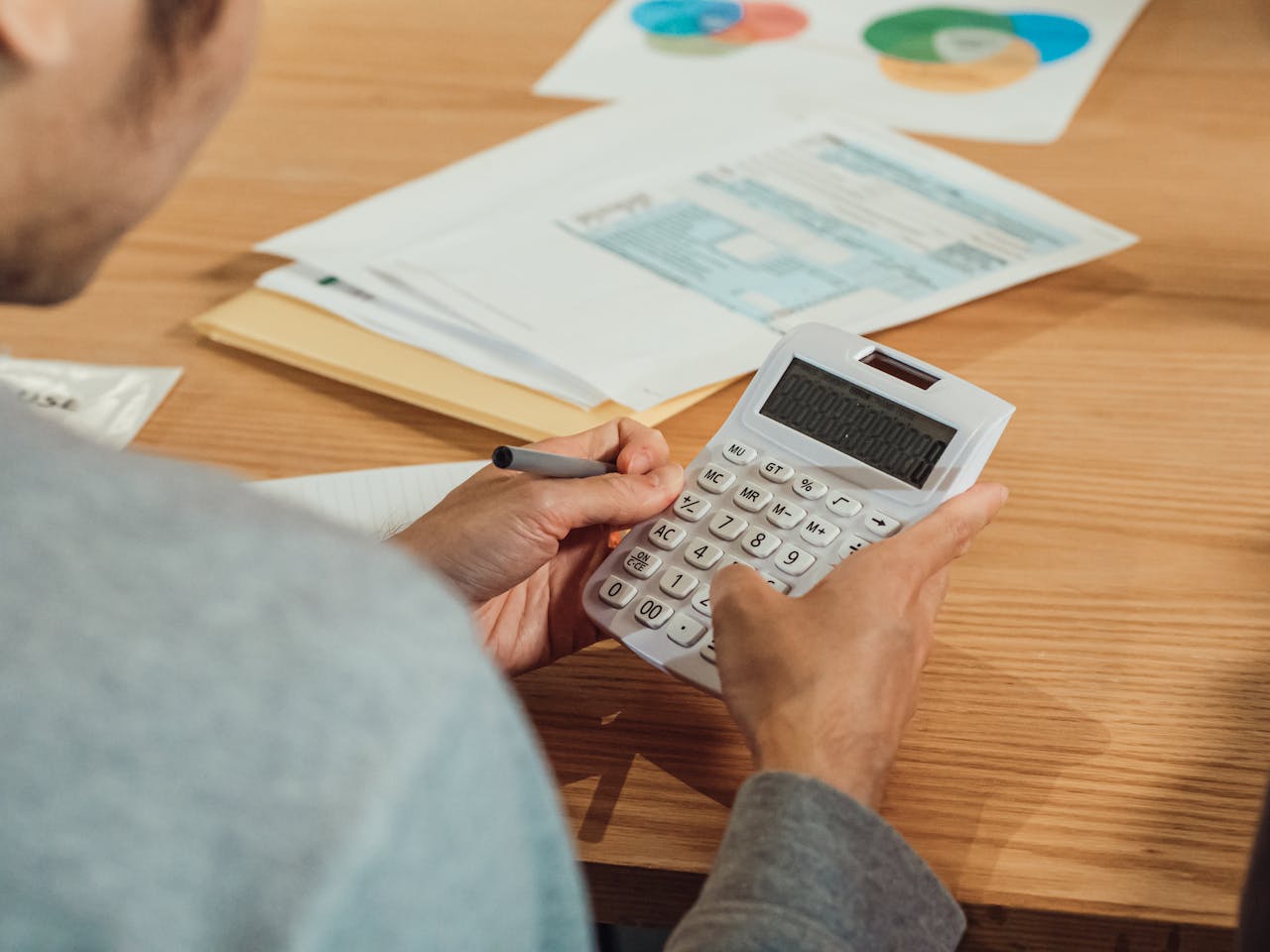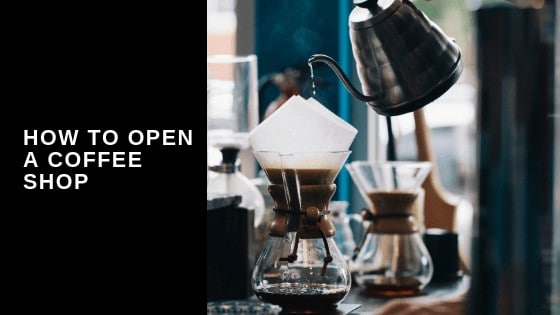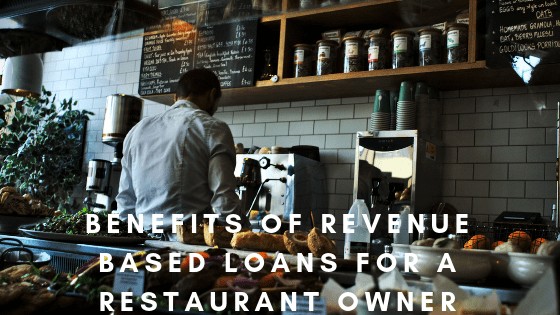
Articles Does a Business Loan Affect Your Personal Credit?
What every small business owner needs to know before signing the dotted line Photo by...

What every small business owner needs to know before signing the dotted line Photo by...

Learn How Financing Can Help You Grow Your Business With Confidence Photo by Mikhail Nilov:...

Everything you need to know about interest rates before you apply for a loan Photo...

Get expert insights on how to find the best place for a business loan Photo...

What you can -and can’t- claim on your tax return Photo by Kindel Media: When...

Unlocking the secret to solid financial footing Photo by Anna Nekrashevich: There’s no question that...

How to compare your loan options to make the best choice for your company Photo...

A complete guide to score requirements and how to boost your chances of getting funding...

Learn how much you’ll need to put down to qualify for a loan Photo by...

A Comprehensive Guide to SBA 7(a) Loan Eligibility Photo by Alex Green: Whether you’re launching...

Business loan options that don’t require personal collateral Photo by Kampus Production It’s easy to...

The ultimate guide to finding the money you need to launch or grow your company...

Though COVID-19 is surely going to be part of daily life for years to come,...

These are a spectrum of unsecured business and personal credit lines and loans. These are...

What is an unsecured loan? In comparison to the secured loans you typically. What is...

There are 20 items of Lender Compliance that your business should complete. There are 20...

These are a spectrum of unsecured business and personal credit lines and loans. These are...

For those of you wondering how lines of credit work, they’re not much.For those of...

Congratulations on finally deciding to take the next step in growing your.Congratulations on finally deciding...

Though COVID-19 is surely going to be part of daily life for years to come.Though...

If you’re looking for the best loans for your roofing company, you’ve come to the...

While Italian wasn’t always a staple American cuisine, nowadays, it’s one of the most popular...

Since you’re here, it’s safe to assume you’re looking for the best loans to finance...

It can be difficult to know exactly how to open a coffee shop. In the...

When it comes to knowing how to open a cafe, the process isn’t much different...

It’s incredible that you’ve finally decided to start your own deli shop. However, we’re sure...

Burger shops, joints, restaurants– whatever you want to call them, have been a staple of...

As a restaurant owner, Revenue Based Loans are great, but they aren’t the only options....

According to NerdWallet, A personal loan is money borrowed from a bank, credit union or online...

As a restaurant owner and or entrepreneur, you may need a loan to finance your...





























